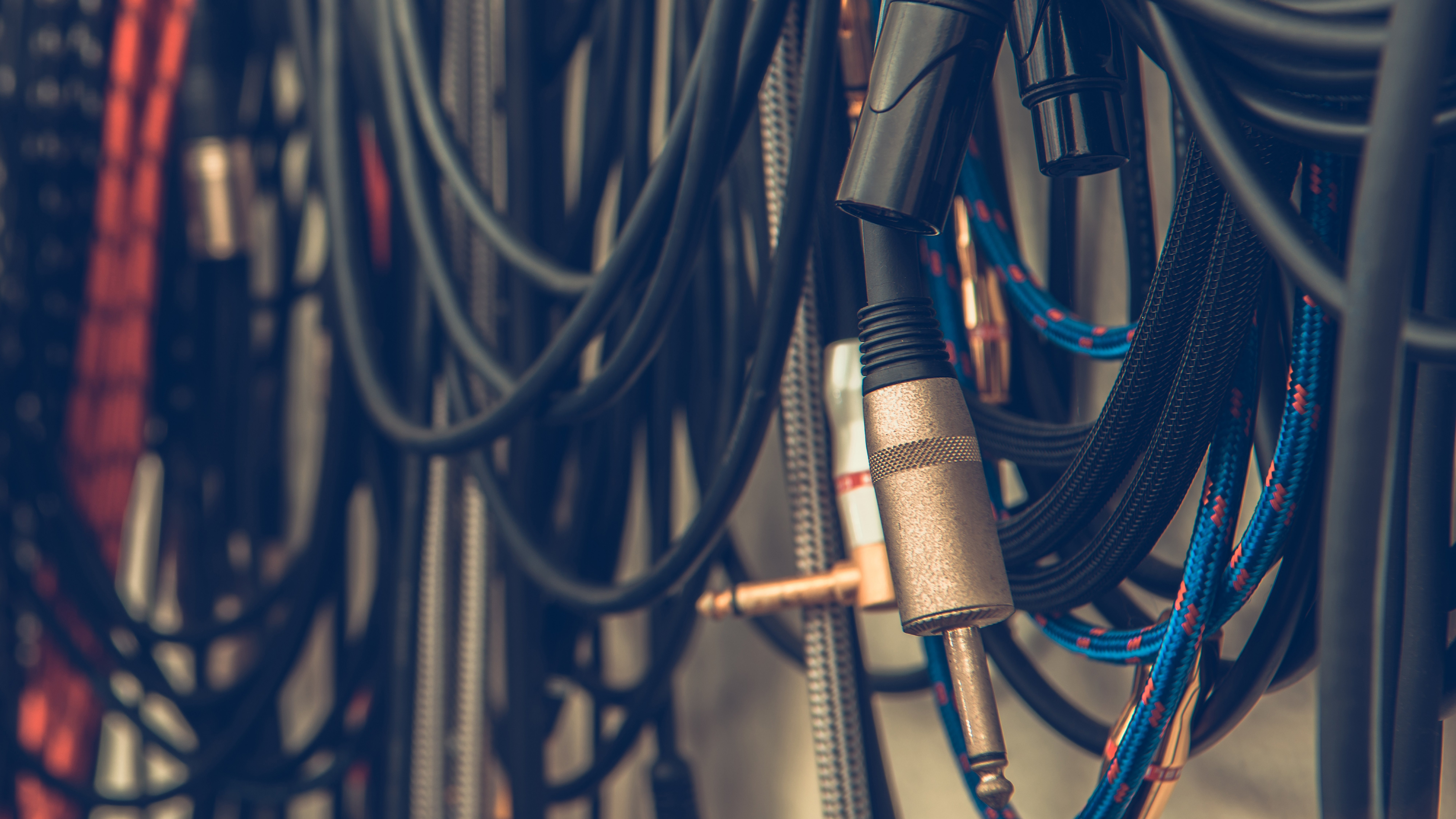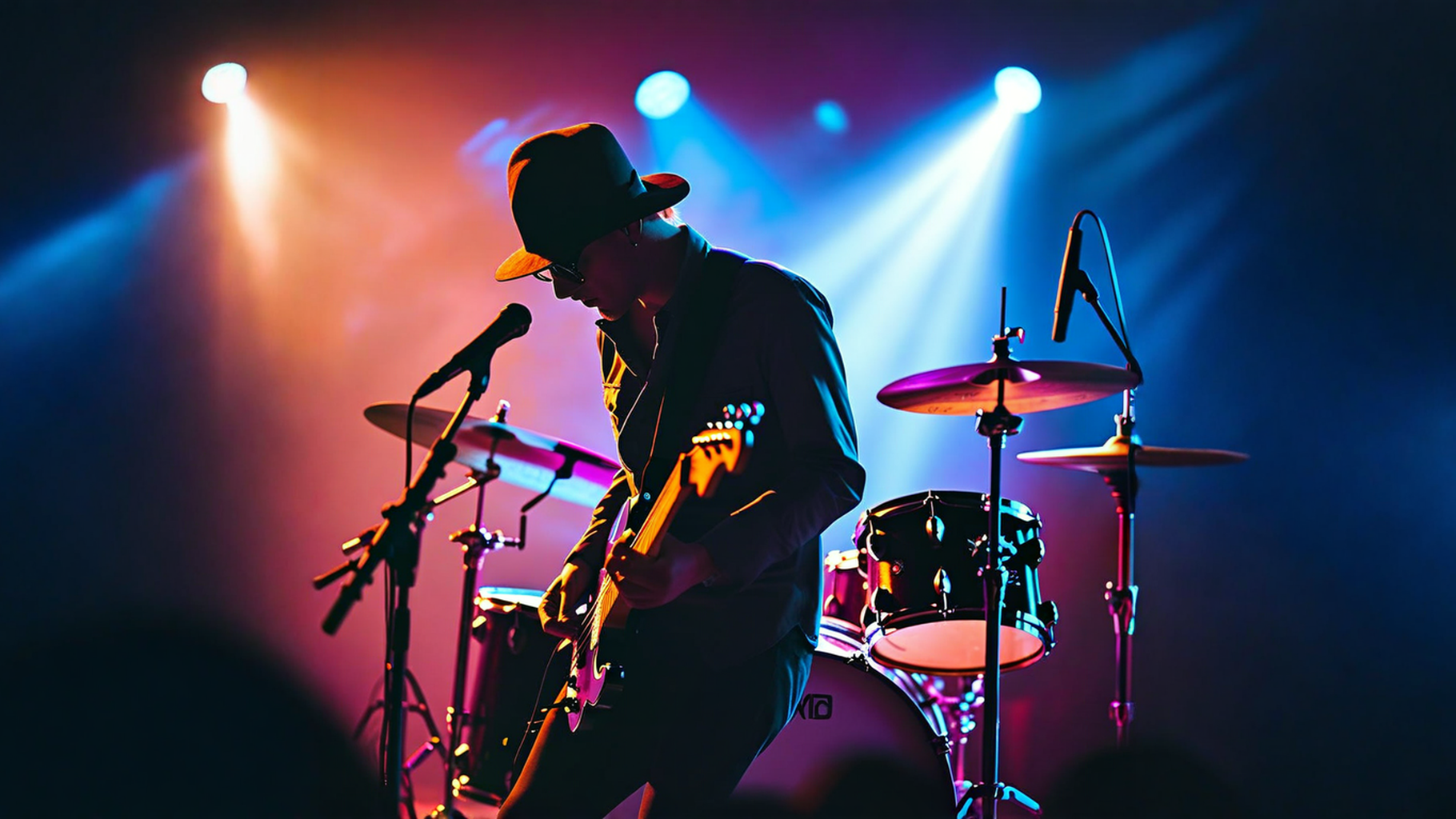
Access your free rider template Access your free rider template Access Now


Get exclusive resources, gig management tips, and tools straight to your inbox.
What is a Rider?
If you think band riders are only for massive touring artists demanding bowls of colour-sorted M&Ms, think again! Riders are essential tools that every band—big or small—should be using to make their gigs run smoothly. If you’ve never created one before, don’t worry—we’ve got you covered.
In this guide, we’ll break down what a band rider is, why you need one, and how to create one that helps you have stress-free shows.
A band rider is a document that outlines your requirements for a gig, covering everything from technical needs (sound, equipment, stage setup) to hospitality requests (food, drinks, backstage setup).
There are two types of band riders:
Technical Rider: Covers everything related to your performance: sound equipment, stage layout, lighting, and anything the venue’s crew needs to set up for you.
Hospitality Rider: Lists what you need backstage: food, drinks, a comfortable space to relax, and anything else that keeps the band happy and gig-ready.
Even if you’re just starting out, having a rider shows that you’re serious and professional, making it easier for venues to meet your needs and put on a great show.
You might be thinking, "I’m not playing arenas, do I really need a rider?" Yes, you do! Here’s why:
Your tech rider tells the venue what gear you need—like specific microphones, DI boxes, or monitors setups, so you’re not dealing with bad sound on the night.
Long drives, late nights, and soundchecks can drain your energy. Even a simple request for bottled water and some snacks can make a huge difference.
Without a rider, you can be left scrambling on the day of the gig. A clear rider reduces back-and-forth messages and ensures everything is ready when you arrive.
Venues and Sound Techs love working with organised artists. A well-prepared rider helps the venue and techs get setup ready for you making their lives easier. This also means that when you hit the stage there will be less issues and overall a less stressful experience for everyone. This leads to you getting rebooked and makes promoters take you more seriously.
If you're unsure where to start, check out our previous article on the Top 5 Things Bands Should Include in a Rider for some essential must-haves. Now, let’s go over the essentials for both your tech and hospitality riders.
Now that you know why a rider is important, let’s go over the essentials for both your tech and hospitality riders.
Stage Plot – A simple diagram showing where each band member and their gear will be positioned. (Check out our Stage Plot Guide here)
Sound Requirements – Microphones, DI boxes, monitors, and other sound needs.
Backline Requests – If you need amps, drum kits, or other gear provided by the venue.
Lighting Preferences – If you have specific lighting cues or effects.
Power Requirements – Plug types and power needs to avoid last-minute issues.
Drinks & Snacks – Water, soft drinks, tea/coffee, fruit, or light snacks.
Meals (If Provided) – If the venue offers food, dietary preferences or allergies should be listed. If they are not provided, why not ask for recommendations for nearby restaurants.
Backstage Setup – A comfortable area with seating, WiFi, or mirrors if needed.
Parking & Accommodation – If the venue is handling transport, parking spots, or hotel arrangements.
Riders should be clear, reasonable, and professional. Here’s how to do it:
A one-page document is ideal.
“We’d love” or “If possible” instead of demanding.
Venues have different setups, so allow for alternatives.
At least a week before the gig to avoid last-minute issues.
We have developed a 7 day artist challenge which helps you get organised and level up the management of your band. If you want to find out more about this Free challenge find out more here.
Sign up today for a 30-day free trial and make your gig planning stress-free.
Discover the latest insights.